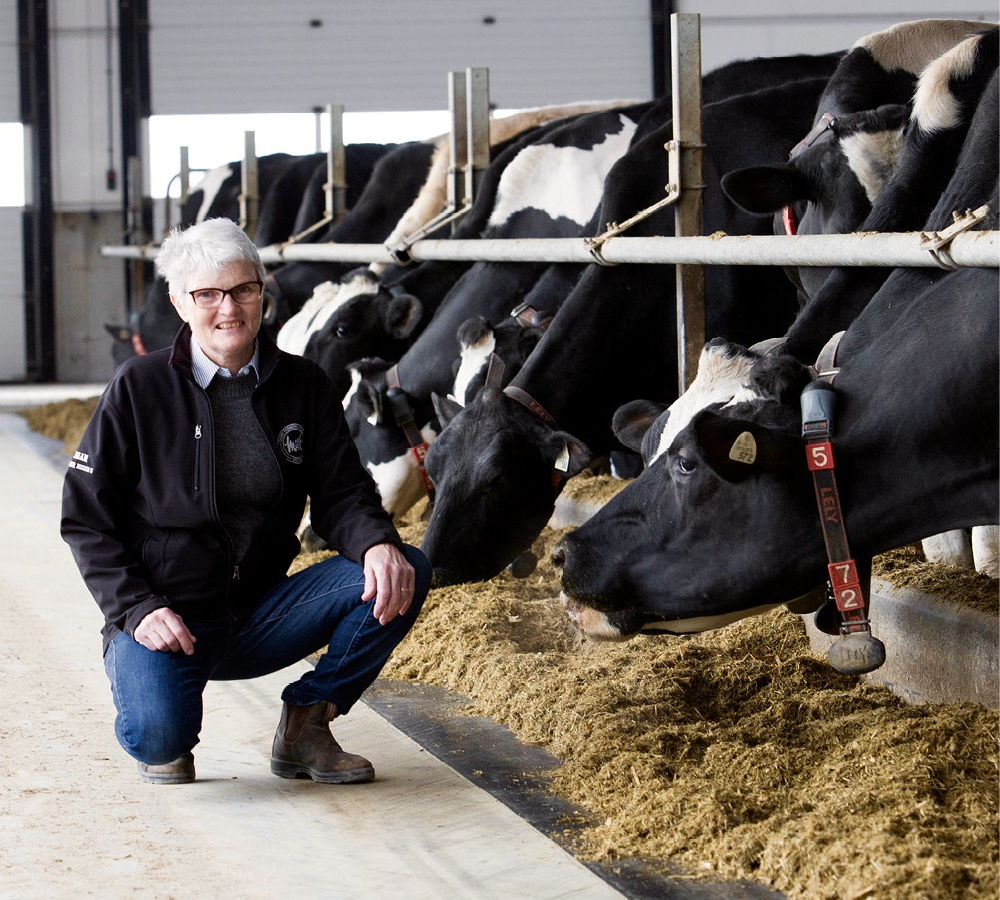Canada’s mainline farm organizations are struggling for your support. They deserve another shot.
That’s not based on their past performance. It’s because of the scale and the solvability of the challenges ahead.
In other words, we’re at a point in history where farm organizations can make a difference, if they have good leadership.
Those who know me will know this isn’t a sentence that has always rolled easily out of my mouth.
In a way, the big farm organizations are on the wrong side of two mega-trends. There’s a political trend that says the role of government is to get out of the way. So why give your time to a political lobby?
Read Also
Editor’s Note: No pressure
What is your playbook going into this year’s crop? Not an easy question to answer right now, given the global…
There’s also a cultural trend affecting everything from churches and service clubs to industry organizations. It’s the trend that has so many of us willing to help with special projects, but if you’re thinking I should sign up as a member of your group, well, thanks anyway.
Both trends have made it tough for farm organizations to not only have a reliable base to build on, but also to recruit the best delegates and leaders.
Nor does it help that there is still such intense pressure for everyone who ever speaks in public about agriculture to sing from the same song sheet, note for note. A “please park your brain at the door” approach isn’t exactly the best way to encourage constructive thinkers to join.
Instead, agricultural groups could be talking about positive possibilities.
Here are three, although I can only give thumbnail descriptions. Still, you’ll know what I mean.
- Our infrastructure of roads, railroads, bins, ports, and everything else that separates our output from its markets is in serious decline. Repairing it will likely take not only farm leadership, but farm money too.
- Provincial and federal programs need to be recalibrated to help today’s diverse generation of young farmers become not only the world’s most competitive farmers, but also to grow more of the food that Canadians want to buy. Governments are increasingly unwilling to support the incomes of what they believe are wealthy older farmers.
- University economic departments must be shaken up. This is a frequent bugbear of mine. If we’re to succeed in an increasingly complex business environment, where mistakes are fatally expensive, we must get the best insights and research from top brains that are focused on the problems that farmers — not government policy makers — actually face.
Of course, you’re justified in saying you don’t have time to participate. My question is: if not now, when? What would a worthwhile mixture of need and opportunity look like if it isn’t what we’re in the midst of now?
Are we getting it right? Send me an email and let me know.















